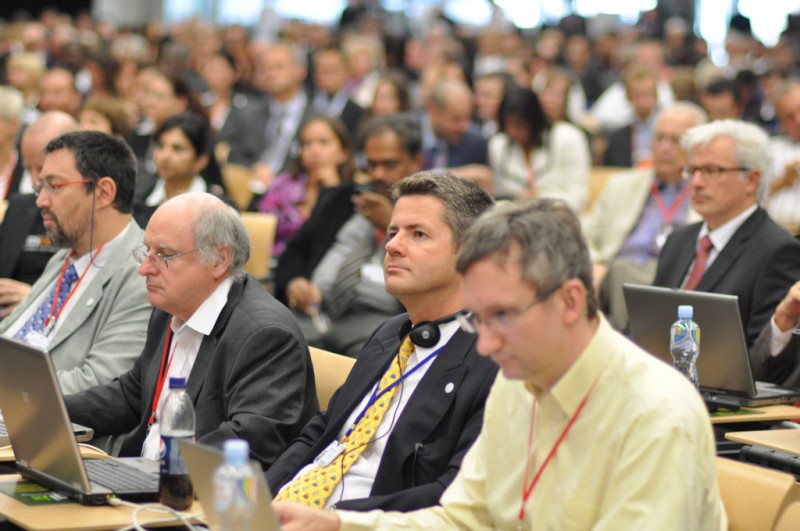Written by Carlos Cortés, Researcher at CELE.
There is no one-click solution for governing the Internet. The debate about the management of the network is, above all, a struggle for control. Network neutrality, critical resources, infrastructure, copyright enforcement, and online privacy, among others, are topics that evolved from arrangements of power and influence –quite distributed and decentralized in some cases, less so in others. And while private actors had the grip in these arrangements, governments are increasingly exerting influence over the Web.
A new study by the Center for Studies on Freedom of Expression and Access to Information at the University of Palermo, Buenos Aires, suggests that Internet governance, rather than just being the host of institutions and multilateral formulas, is a contested space for the control and management of this unique technology. It also argues that the multi-stakeholder model, often upheld by civil society as the key to unlocking a more equitable and human rights-abiding approach to policymaking for the global Internet, may not be the silver bullet that some want it to be.
Just as streets and highways determine how we drive through a city, the coding of the Internet has immediate influence on our conduct: We cannot post on Facebook without an account. We can upload and download files only according to certain protocols.
We argue that online architecture is all but a spontaneous structure: Power influences configurations, and configurations distribute power. Hence, each of the actors involved in the Internet –intermediaries, content owners, users, and governments– exert their share of influence in an effort to achieve their own goals.
Today, a majority of civil society groups (mostly hailing from the west) promote the formula “multi-stakeholder” approach to Internet governance, maintaining that mutually agreeable governance solutions can be generated through dialogues where all those who hold stake in the Internet — governments, companies, technical experts, human rights advocates, and users at large — have a seat at the proverbial table. Yet the stakeholders sitting at the table currently are not willing to give up their position of control. We believe the Internet governance struggle should open to all the forces and actors that exercise power in the network, regardless of their visibility and readiness to debate the issues in question.
Carlos Cortés is a researcher at the Center for Studies on Freedom of Expression and Access to Information in Argentina. A legal scholar originally from Colombia, he is currently pursuing a Master's degree in media studies at the London School of Economics.




